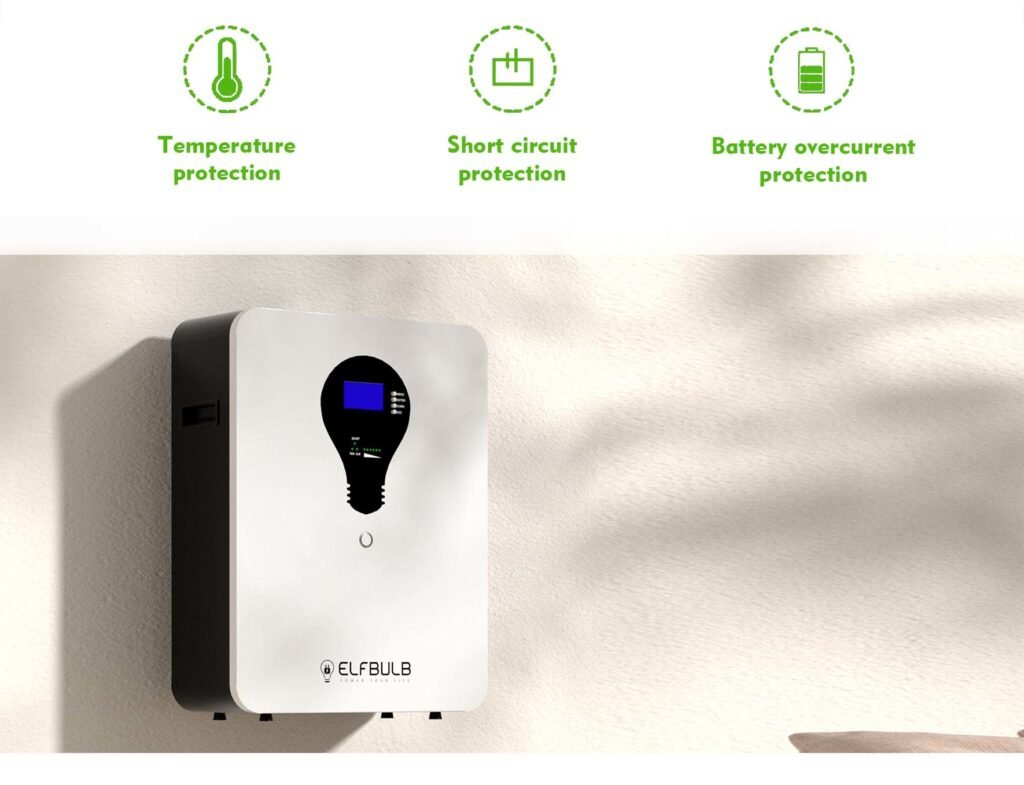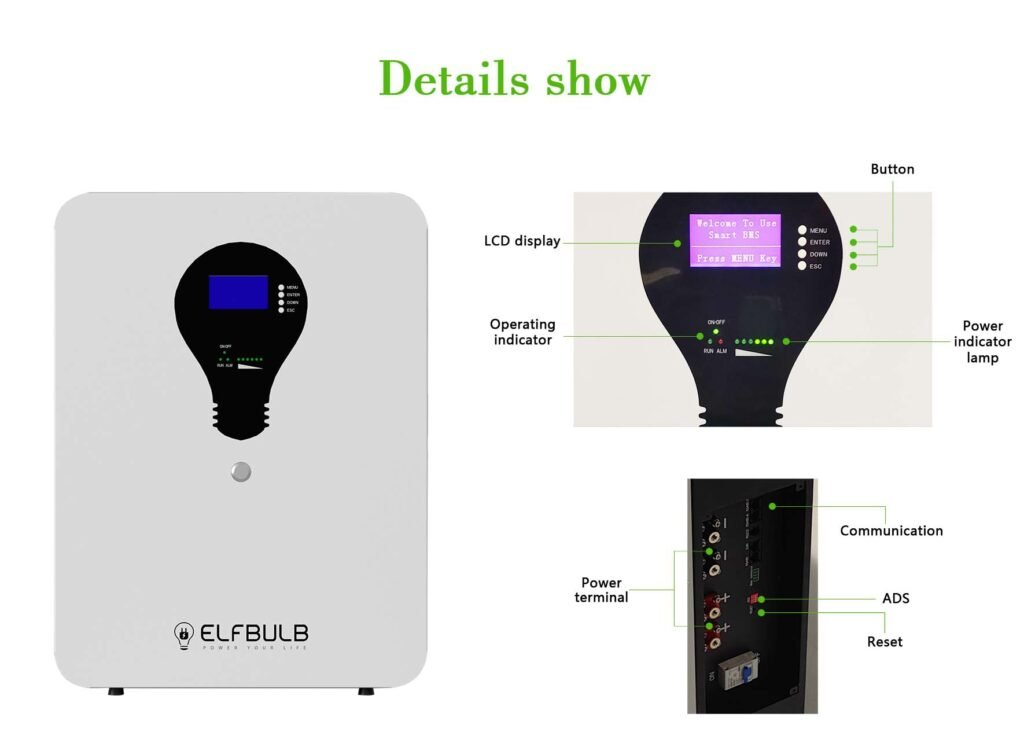Understanding Battery Capacity
A 10kW battery has a capacity of 10 kilowatt-hours (kWh). This means it can store 10,000 watts of energy. But what can it power? Let’s break it down.
Factors Influencing Usage
- Power Needs: Consider which appliances or devices you want to back up during a blackout or power outage. The battery’s capacity determines how long it can sustain these loads.
- Battery Specifications: Pay attention to both instantaneous power (how much the battery can deliver at once) and continuous power (how much it can sustain over time).
Amps vs. Kilowatts
To understand your power needs, let’s differentiate between amps and kilowatts:
- Amps (A): The current flowing through an electrical circuit.
- Kilowatts (kW): The rate at which energy is consumed or produced.


Calculating Usage Scenarios
- Air Source Heat Pump: If your battery has a usable capacity of 10 kWh, it can power a 3,500 W air source heat pump for approximately 3 hours.
- TV and Lights: For less power-hungry devices, a 300 W TV can run for an impressive 33 hours on a 10 kWh battery. Similarly, LED lights or small appliances can operate for extended periods.
Practical Considerations
- Load Management: Devices like load management systems can optimize your battery’s stored energy capacity.
- Solar Pairing: If your battery is connected to solar panels, it can recharge during the day, enhancing its usability.
Conclusion
In summary, a 10kW battery can provide backup power for several hours, depending on your specific needs. Whether it’s keeping essential appliances running or ensuring comfort during outages, the right battery choice matters.


